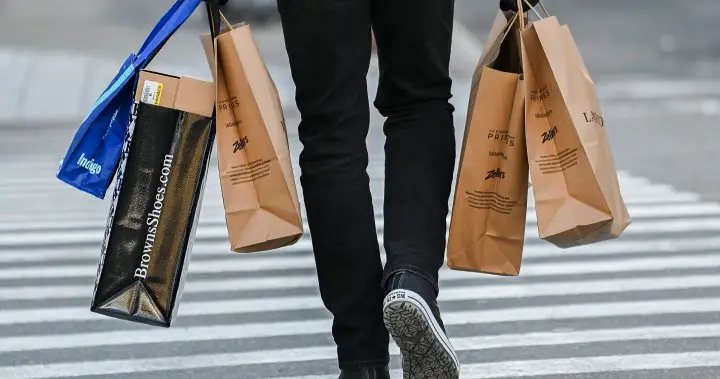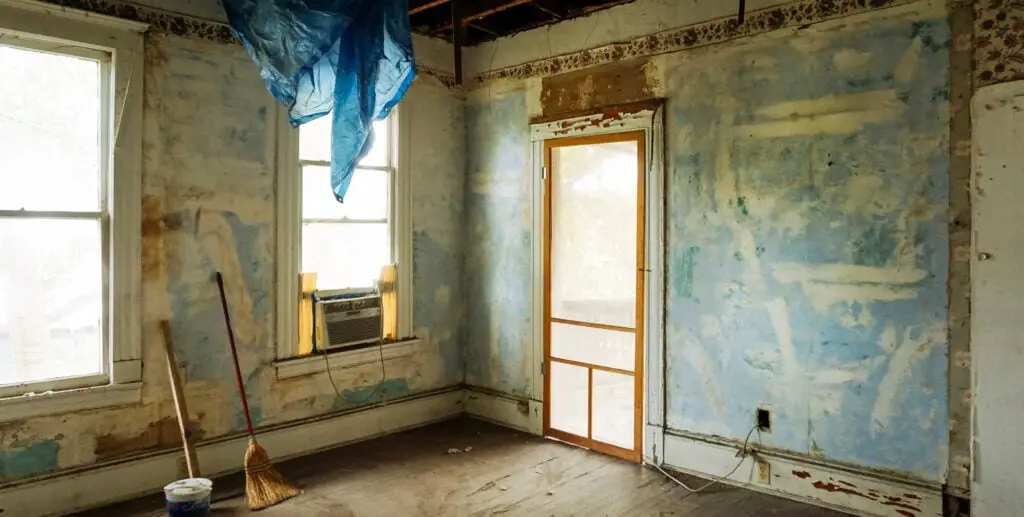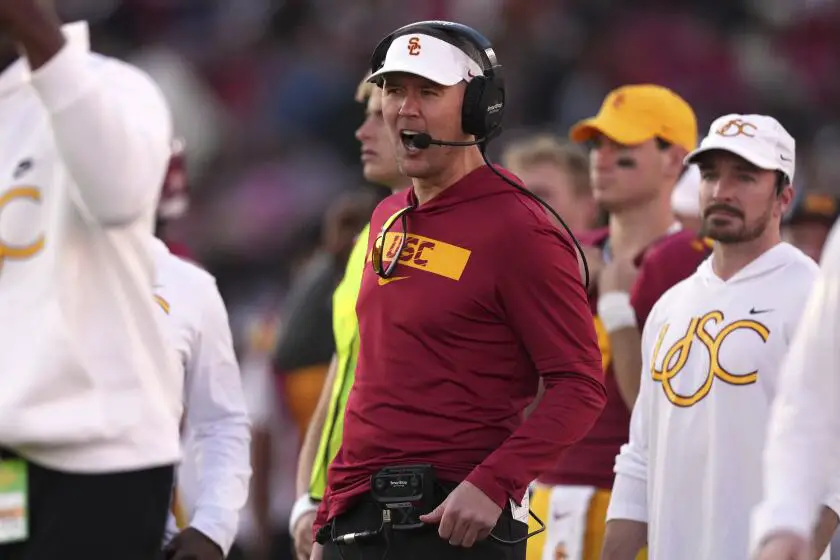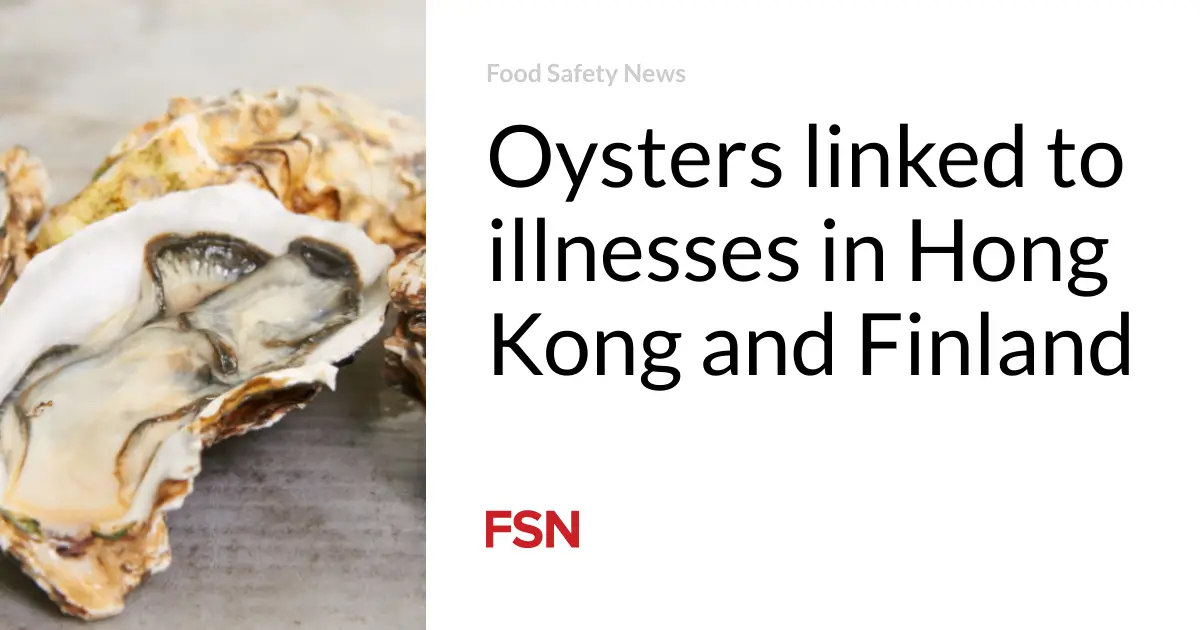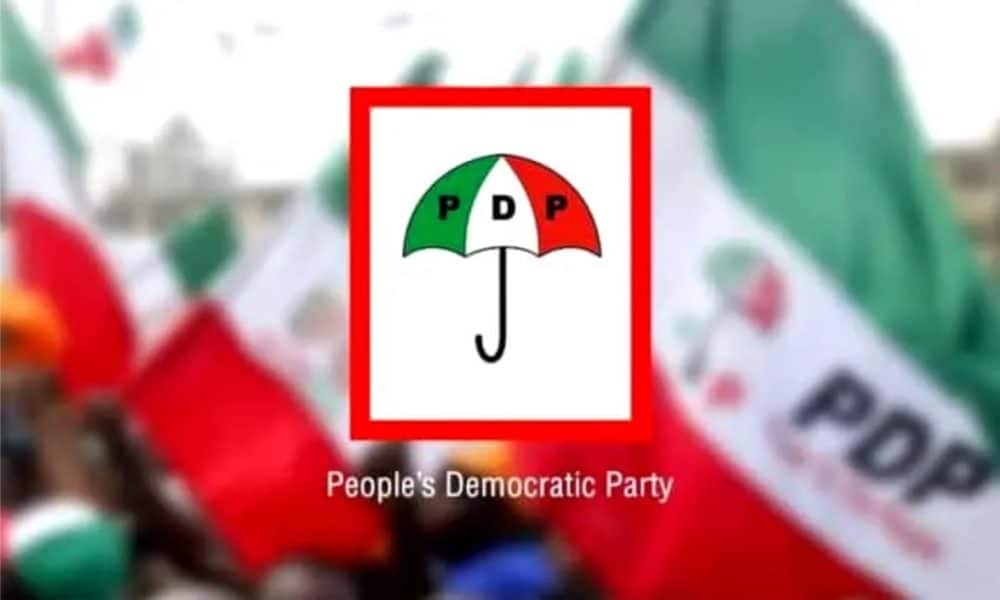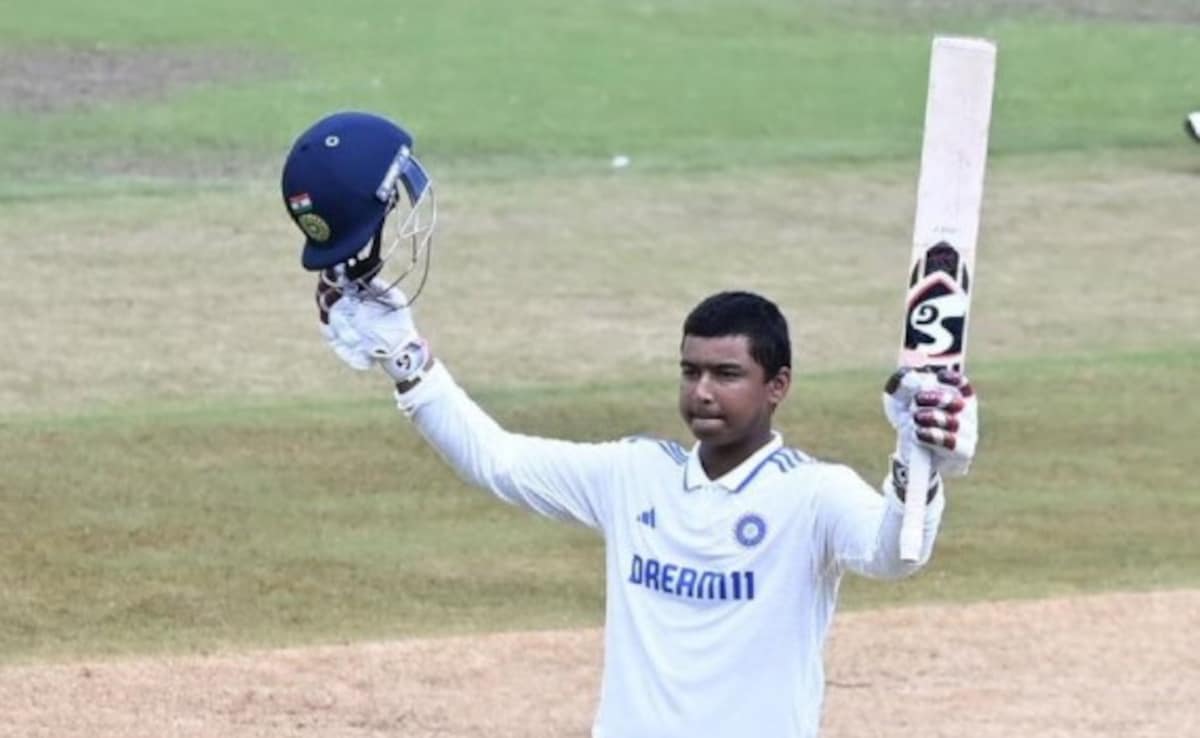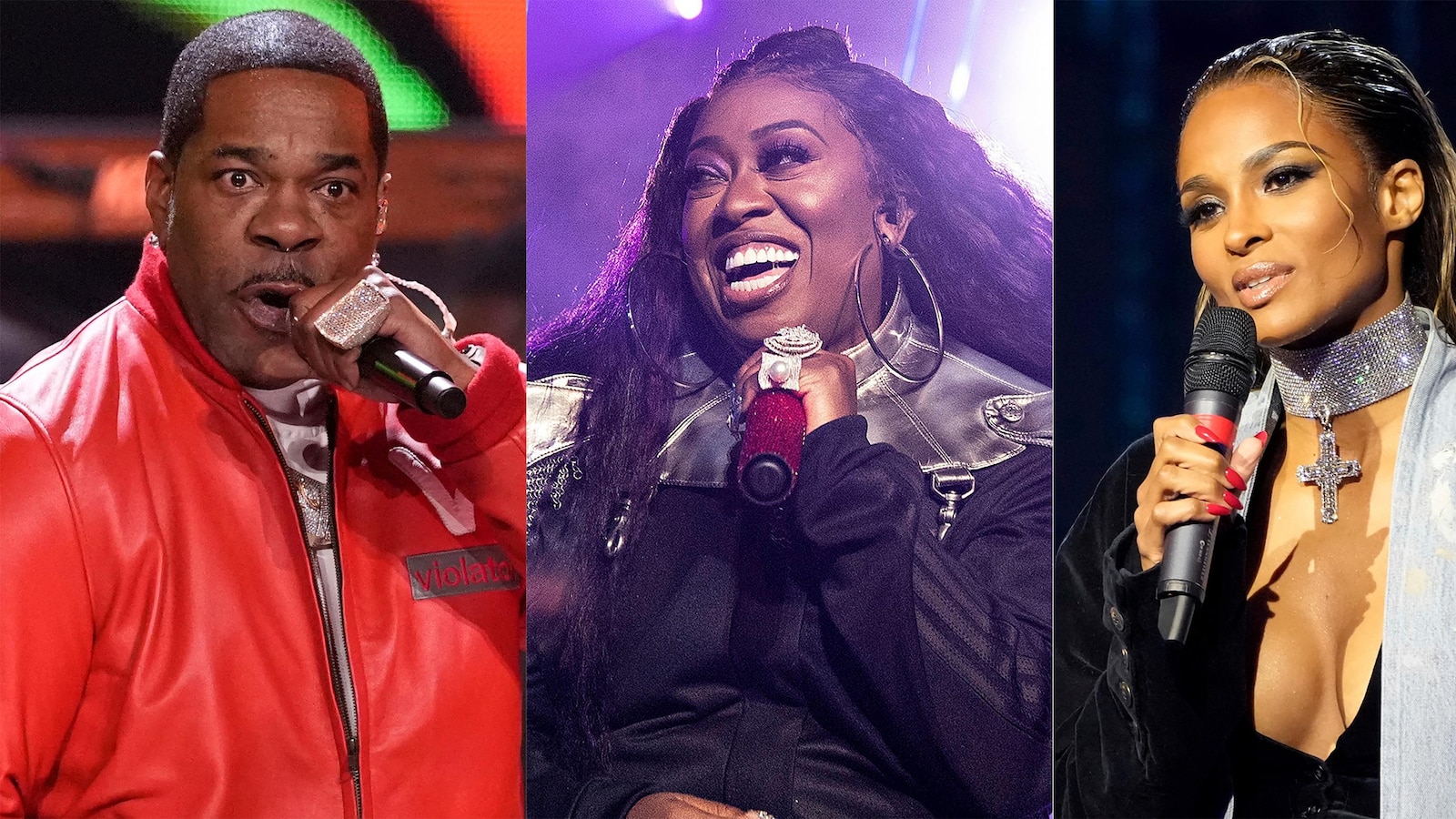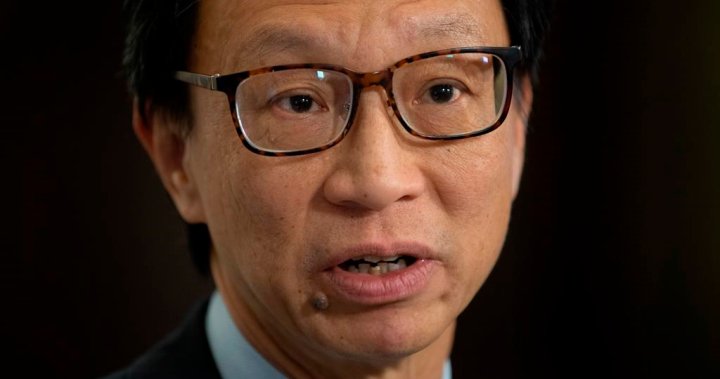
Three central voices in the ongoing debate around foreign interference say the federal inquiry has not produced any evidence of specific operations, and are urging the inquiry to confirm that recent federal elections were free and fair.
In submissions to the Foreign Interference Commission, MP Han Dong, Senator Yuen Pau Woo and Markham Deputy Mayor Michael Chan cast doubt on recent media reporting — including from Global News — about the Chinese government’s alleged foreign interference operations in Canada.
Woo, an independent senator for British Columbia who has been publicly critical about allegations of Chinese interference in Canadian affairs, wrote that while the testimony at the inquiry “confirmed while there was (foreign interference) during both elections, none of it rose to the level that it affected the outcomes of those ballots — both at the riding level and for the country as a whole.”
“It is no defence to claim that expressing doubts about the results of just a handful of ridings does not rise to the level of Trumpian denialism and is therefore benign,” Woo wrote, referring to former U.S. president Donald Trump’s baseless claims the 2022 presidential election was stolen.
“If (foreign interference) affected the results of an election, Canadians need to know as such. But if (it) did not, Canadians need to be fully disabused of their suspicions. We may not be dealing with a ‘Big Lie,’ as in the United States, but small lies can add up very quickly and the ensuring loss of trust in the system is very difficult to restore.”
The “factual stage” of Justice Marie-Josée Hogue’s inquiry published written submissions, submitted by the various participants who testified, including politicians and political parties, intelligence and police agencies, and senior bureaucrats.
The documents point to agreement, particularly among government agencies and Liberal cabinet ministers, that a handful of countries attempted to interfere during Canada’s 2019 and 2022 federal elections but did not sway the overall outcomes.
In a written submission to the inquiry lawyers for Dong, the now-independent Don Valley North MP, said the testimony in the first phase confirmed that neither election was compromised. Dong resigned from Liberal caucus after Global News, citing unnamed national security sources, reported allegations about Dong’s conversations with a Chinese diplomat based in Toronto, and about alleged irregularities in the MP’s 2019 Liberal nomination contest.
Dong has denied any wrongdoing, knowledge of any purported irregularities, and is suing Global News’ parent company.
Global reported that national security sources alleged Dong told the official that Beijing should hold off on releasing Michael Kovrig and Michael Spavor and suggested their immediate release would benefit the opposition Conservatives.
A CSIS summary of that conversation released at the inquiry, which the spy agency called “incomplete” and whose allegations have not been proven, suggested Dong “expressed the view that even if the (People’s Republic of China) released the ‘Two Michaels’ at that moment, opposition parties would view the PRC’s action as an affirmation of the effectiveness of a hardline Canadian approach to the PRC.”
When asked about the call, Dong testified he did not “recall that conversation.” He added that the discussion was “mostly Mandarin” and that “whenever I talked about the ‘Two Michaels’ … [I] always advocated for their early release” along with “improving their conditions.” He also testified that he was confused by information in the report and “didn’t quite get the logic.”
Dong’s lawyer, Mark Polley, wrote that the CSIS summary shows Dong did not advocate for the Two Michaels continued detention.
“Taking the topical summary to be accurate (which is a significant leap), the third point in the summary suggests Mr. Dong was saying that Canadians believed that the detention of the Two Michaels was wrong, arbitrary, and not comparable to the detention of (Huawei executive) Meng Wangzhou, which Canadians viewed as legally justified,” the written submission reads.
“This is consistent with Mr. Dong’s testimony that he always advocated for the early release and improvement in conditions of the Two Michaels when he spoke to PRC officials about them.”
Dong also disputed reports about irregularities in his 2019 nomination in Don Valley North, including CSIS intelligence summaries that a busload of international students was brought in to vote for him, potentially using fraudulent identification and possibly under coercion. CSIS intelligence indicated that the busses may have been orchestrated by agents of the Chinese government.
Dong denied any knowledge of the allegations, and said he would have spoken out if he was made aware of evidence it was happening.
Asked if he believed that the Chinese government was attempting to covertly interfere in Canadian politics, Dong told the inquiry that he had “seen reports about that.”
“I personally haven’t seen any evidence of it,” Dong said.
David Johnston, a former governor general who served as the Liberal government’s “special rapporteur” on foreign interference, found that while “irregularities were observed with Mr. Dong’s nomination” and that there were “well-grounded” suspicions those irregularities were tied to the PRC consulate in Toronto, Johnston “did not find evidence that Mr. Dong was aware of the irregularities or the PRC Consulate’s potential involvement in his nomination.”
Johnston concluded that the allegations Dong advocated for the Two Michaels continued detention was false.
A lawyer for Michael Chan, a former Ontario Liberal cabinet minister also mentioned in recent reporting on China’s alleged foreign interference operations, also denied any knowledge or involvement in the alleged irregularities.
Chan’s submission noted that while he thought Dong would be an “almost perfect” candidate in Don Valley North and encouraged him to run, Chan had no involvement in Dong’s nomination.
Justice Hogue has just two more weeks to weigh the weeks of testimony, as well as a significant cache of national security documents and written statements, before her preliminary report is due on May 3.
After that report is published, the inquiry will move on to the “policy phase” — looking at various federal departments and agencies and their efforts to “detect, deter and counter any form of foreign interference directly or indirectly targeting Canada’s democratic processes.”
Hogue’s final report, including recommendations to improve those efforts, is due by the end of the year.





